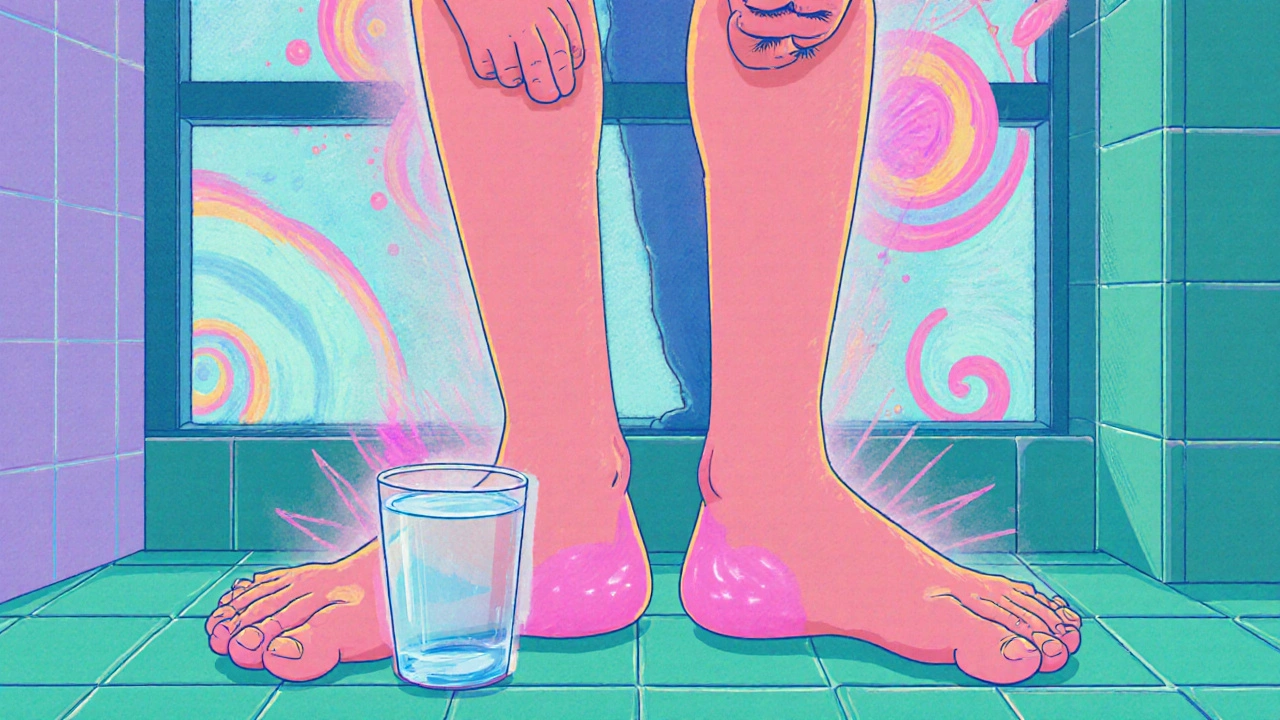Hypertension: Understanding High Blood Pressure and Treatment Options
When dealing with hypertension, a condition marked by consistently elevated arterial pressure. Also known as high blood pressure, it strains the heart, kidneys, and vessels, raising the risk of stroke, heart attack, and kidney disease. Managing it usually means combining lifestyle tweaks with targeted medication.
Key Medication Classes for Managing Hypertension
One of the first drug groups doctors reach for are diuretics, medicines that help the kidneys excrete excess salt and water. By reducing fluid volume, diuretics lower the pressure on blood‑vessel walls. A common example is hydrochlorothiazide, a thiazide‑type diuretic often prescribed for mild to moderate hypertension. Another major class is the angiotensin‑blocking drugs. ACE inhibitors, which stop the conversion of angiotensin I to the vasoconstrictor angiotensin II relax vessels and improve blood flow. For patients who can’t tolerate ACE inhibitors, ARBs, angiotensin‑II receptor blockers that prevent angiotensin II from binding to its receptors serve as an effective alternative. A well‑known ARB is Olmesartan, marketed as Benicar, frequently compared with other blood‑pressure agents for potency and side‑effect profile.
Beyond these, calcium‑channel blockers, beta‑blockers, and direct vasodilators round out the toolbox. Each class tackles a different physiological pathway—calcium‑channel blockers stop calcium from entering smooth‑muscle cells, beta‑blockers blunt heart‑rate‑increasing signals, and vasodilators widen arteries directly. Picking the right combo depends on age, comorbidities, and how the individual responds to therapy.
Understanding the link between hypertension and its complications also shapes treatment goals. Persistent high pressure can damage tiny vessels in the eyes, leading to retinopathy, while the kidneys suffer from filtered‑blood overload, causing chronic kidney disease. That's why clinicians aim for a target below 130/80 mmHg for most patients, but adjust based on risk factors like diabetes, heart failure, or a history of stroke.
Ready to dive deeper? Below you’ll find clear answers about common concerns—like whether hydrochlorothiazide really causes tinnitus, how Olmesartan stacks up against other ARBs, and practical tips for managing side effects. Whether you’re just starting medication or fine‑tuning an existing regimen, the articles ahead give you the facts you need to keep blood pressure under control.
Edema and Alcohol: Key Facts You Must Know
Learn how alcohol consumption can trigger edema, the body mechanisms involved, risk factors, symptoms, and practical steps to prevent and manage swelling.
